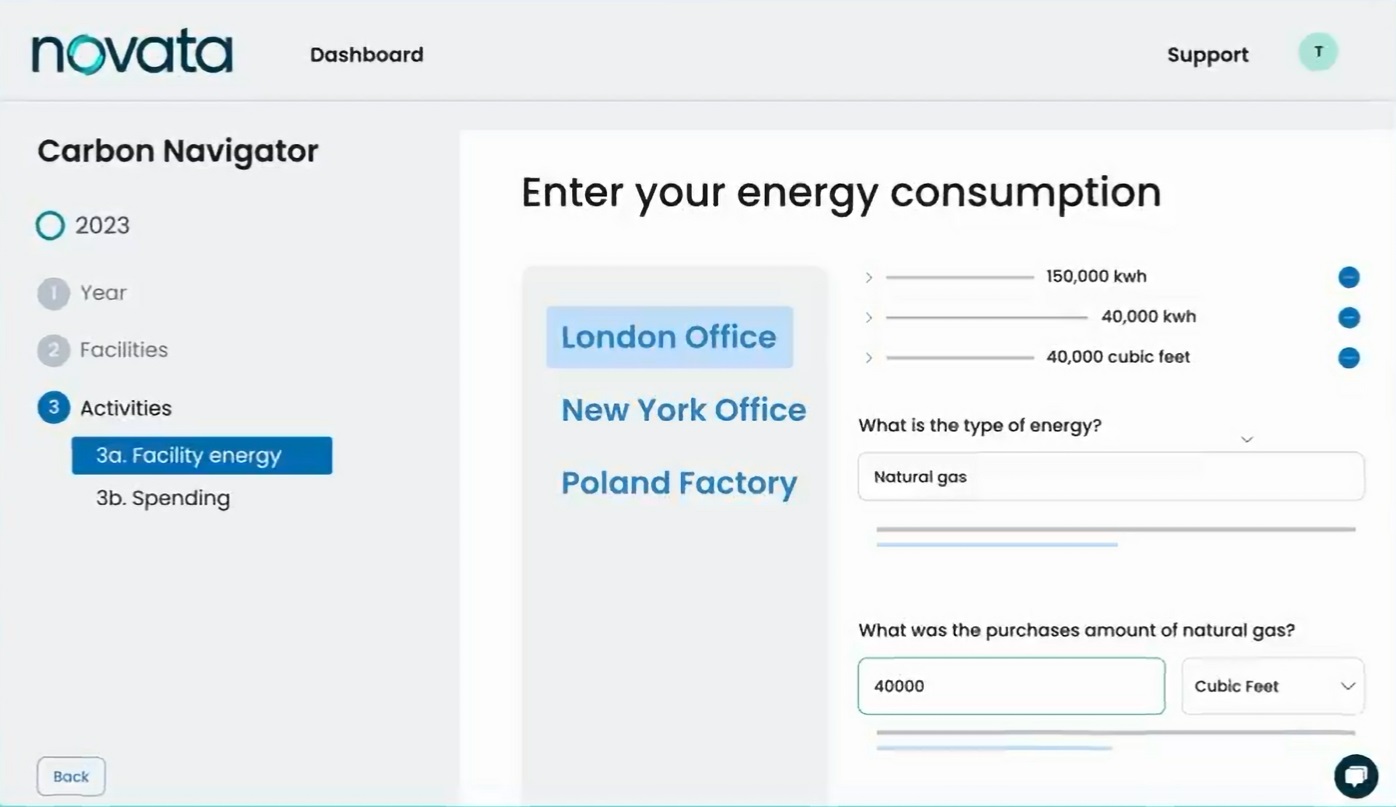Australia Releases Proposed IFRS-based Climate-related Reporting Standards
The Australian Accounting Standards Board (AASB) announced today the release of a new exposure draft, outlining its proposed standards for companies to report climate-related information, based on the recently released sustainability disclosure standards by the IFRS Foundation’s International Sustainability Standards Board (ISSB).
The launch of the new proposed standards follows plans released by the government of Australia earlier this year to implement mandatory climate-related financial disclosure requirements for companies and financial institutions, with reporting requirements applying as soon as 2024 for large businesses, with smaller entities phased in over the following three years. The AASB, a government agency responsible for accounting standards, was tasked to develop sustainability reporting standards to meet the government’s commitment.
A consultation paper released in July by Australia’s Treasury noted the importance of aligning reporting requirements with international frameworks, highlighting in particular the new standards developed by the ISSB.
The ISSB was launched in November 2021 at the UK-hosted COP26 climate conference, with the goal to develop IFRS Sustainability Disclosure Standards, driven by demand from investors, companies, governments and regulators to provide a global baseline of disclosure requirements enabling a consistent understanding of the effect of sustainability risks and opportunities on companies’ prospects.
The IFRS released the inaugural general sustainability (IFRS S1) and climate (IFRS S2) reporting standards in June 2023, and in July, IOSCO, the leading international policy forum and standards setter for securities regulators called on regulators to incorporate the standards into their sustainability reporting regulatory frameworks.
While using the ISSB standards as a baseline, the AASB noted several proposed modifications in its draft, including specifying that the climate-related disclosure requirements are limited to climate-related risks and opportunities related to climate change, and do not apply to non greenhouse gas (GHG) emissions, such as ozone depleting emissions. The AASB’s proposal also provides relief on Scope 3 value chain emissions, which often account for the bulk of a company’s emissions footprint but are also the most difficult to track, allowing companies to use immediate prior period data if reasonable and supportable current period reporting data is not available. The AASB’s draft also proposes include the 15 Scope 3 categories specified by the GHG Protocol Standards “as examples that an entity could consider,” as opposed to requiring disclosure of Scope 3 sources by the 15 categories, as outlined in the ISSB’s standard. The IFRS standard also requires financial institutions to make disclosures related to financed emissions, while the Australian standard would require only that the entity “consider the applicability of those additional disclosures.”
The AASB’s draft also includes a proposed modification that entities that determines that that they are not exposed to material climate-related risks or opportunities must disclose that, and explain how that conclusion was reached.
The AASB stated that it is seeking feedback on the draft, and opening a comment period on the proposed standards until March 1, 2024.
AASB Chair Dr Keith Kendall said:
“The move to introduce standardised, internationally aligned reporting requirements for large entities will provide Australians and investors greater consistency, transparency and accountability.
“The public release of the Exposure Draft marks an important milestone in the development of these new Standards and we encourage feedback from all stakeholders.”
Click here to access the draft.





